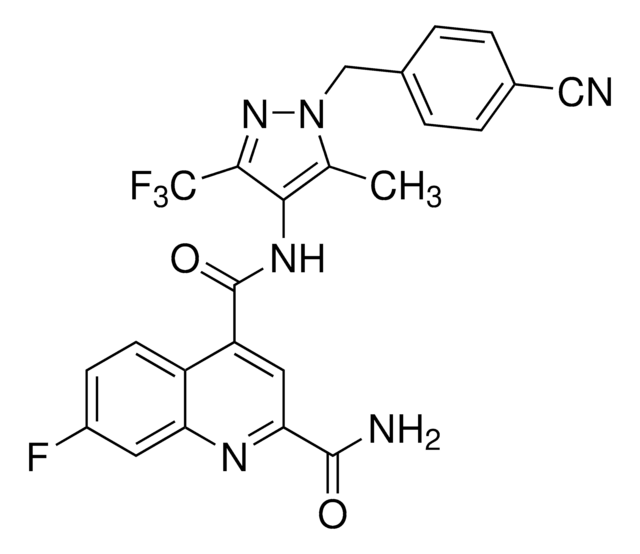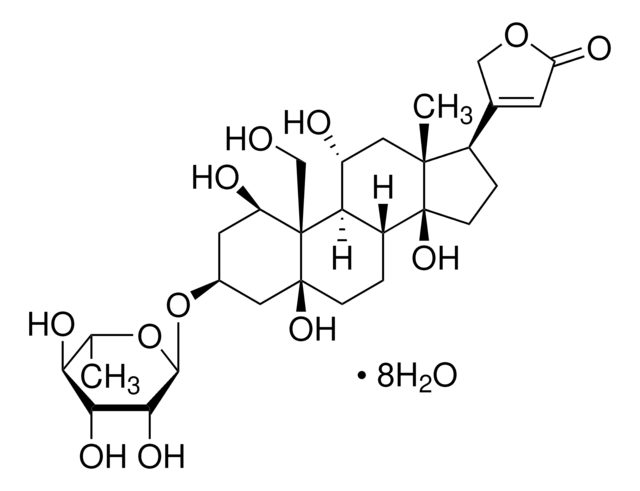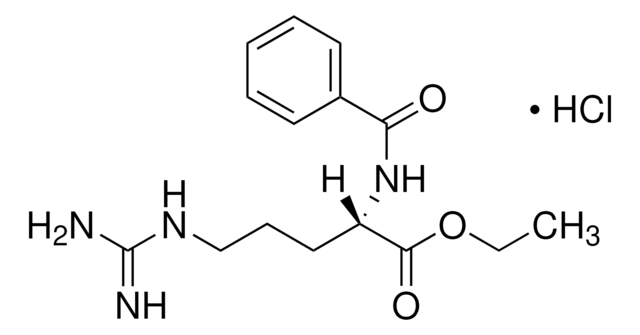Wichtige Dokumente
P3449
Phloridzin Dihydrat
from apple wood, ≥99% (HPLC)
Synonym(e):
1-[2-(β-D-Glucopyranosyloxy)-4,6-dihydroxyphenyl]-3-(4-hydroxyphenyl)-1-propanon, Phloretin-2′-β-D-glucopyranosid, Phloretin-2′-β-D-glucosid, Phlorizin Dihydrat
About This Item
Empfohlene Produkte
Biologische Quelle
apple wood
Qualitätsniveau
Assay
≥99% (HPLC)
Form
powder
mp (Schmelzpunkt)
113-114 °C (lit.)
SMILES String
O.O.OC[C@H]1O[C@@H](Oc2cc(O)cc(O)c2C(=O)CCc3ccc(O)cc3)[C@H](O)[C@@H](O)[C@@H]1O
InChI
1S/C21H24O10.2H2O/c22-9-16-18(27)19(28)20(29)21(31-16)30-15-8-12(24)7-14(26)17(15)13(25)6-3-10-1-4-11(23)5-2-10;;/h1-2,4-5,7-8,16,18-24,26-29H,3,6,9H2;2*1H2/t16-,18-,19+,20-,21-;;/m1../s1
InChIKey
XQWBNXSENPTIDY-YXMARJSJSA-N
Suchen Sie nach ähnlichen Produkten? Aufrufen Leitfaden zum Produktvergleich
Anwendung
- a Na+-glucose cotransport inhibitor to test its effect in lowering blood glucose
- a hexose carrier inhibitor to prevent glucose derivative 2-(N-(7-nitrobenz-2-oxa-1,3-diazol-4-yl)amino)-2-deoxyglucose (2-NBDG) uptake in sycamore cells
- a non-specific sodium-glucose co-transporter 2 (SGLT2) inhibitor in embryonic cardiomyocyte cell line H9C2 to investigate its protective effect on Dox-induced cytotoxicity
Biochem./physiol. Wirkung
Leistungsmerkmale und Vorteile
Sonstige Hinweise
Signalwort
Warning
H-Sätze
Gefahreneinstufungen
Eye Irrit. 2 - Skin Irrit. 2 - STOT SE 3
Zielorgane
Respiratory system
Lagerklassenschlüssel
11 - Combustible Solids
WGK
WGK 3
Flammpunkt (°F)
Not applicable
Flammpunkt (°C)
Not applicable
Persönliche Schutzausrüstung
dust mask type N95 (US), Eyeshields, Gloves
Hier finden Sie alle aktuellen Versionen:
Besitzen Sie dieses Produkt bereits?
In der Dokumentenbibliothek finden Sie die Dokumentation zu den Produkten, die Sie kürzlich erworben haben.
Kunden haben sich ebenfalls angesehen
Artikel
We presents an article about the Warburg effect, and how it is the enhanced conversion of glucose to lactate observed in tumor cells, even in the presence of normal levels of oxygen. Otto Heinrich Warburg demonstrated in 1924 that cancer cells show an increased dependence on glycolysis to meet their energy needs, regardless of whether they were well-oxygenated or not.
Unser Team von Wissenschaftlern verfügt über Erfahrung in allen Forschungsbereichen einschließlich Life Science, Materialwissenschaften, chemischer Synthese, Chromatographie, Analytik und vielen mehr..
Setzen Sie sich mit dem technischen Dienst in Verbindung.
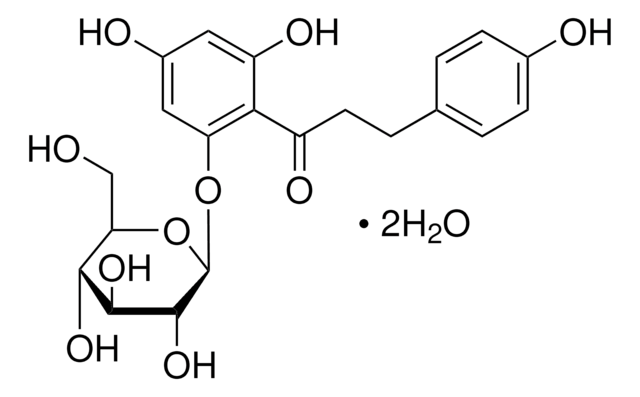

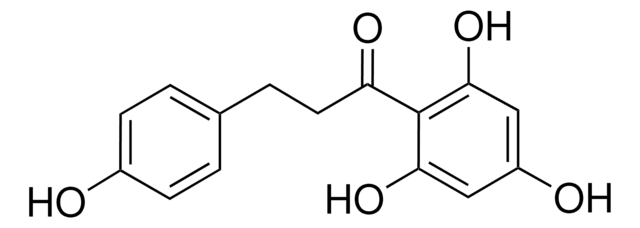
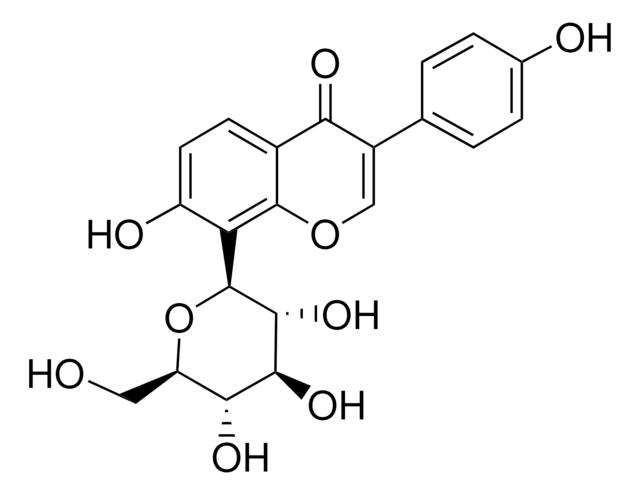

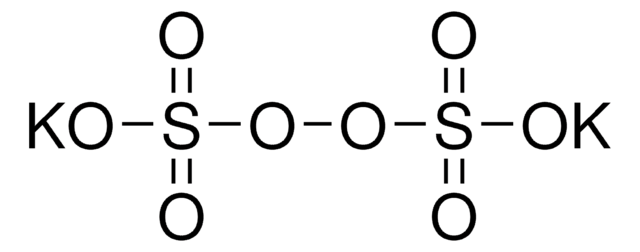
![[2-(Methacryloyloxy)-ethyl]-dimethyl-(3-sulfopropyl)-ammoniumhydroxid 95%](/deepweb/assets/sigmaaldrich/product/structures/217/219/73c91e1c-0ee4-4b3d-bead-a6dc3d09d1da/640/73c91e1c-0ee4-4b3d-bead-a6dc3d09d1da.png)

